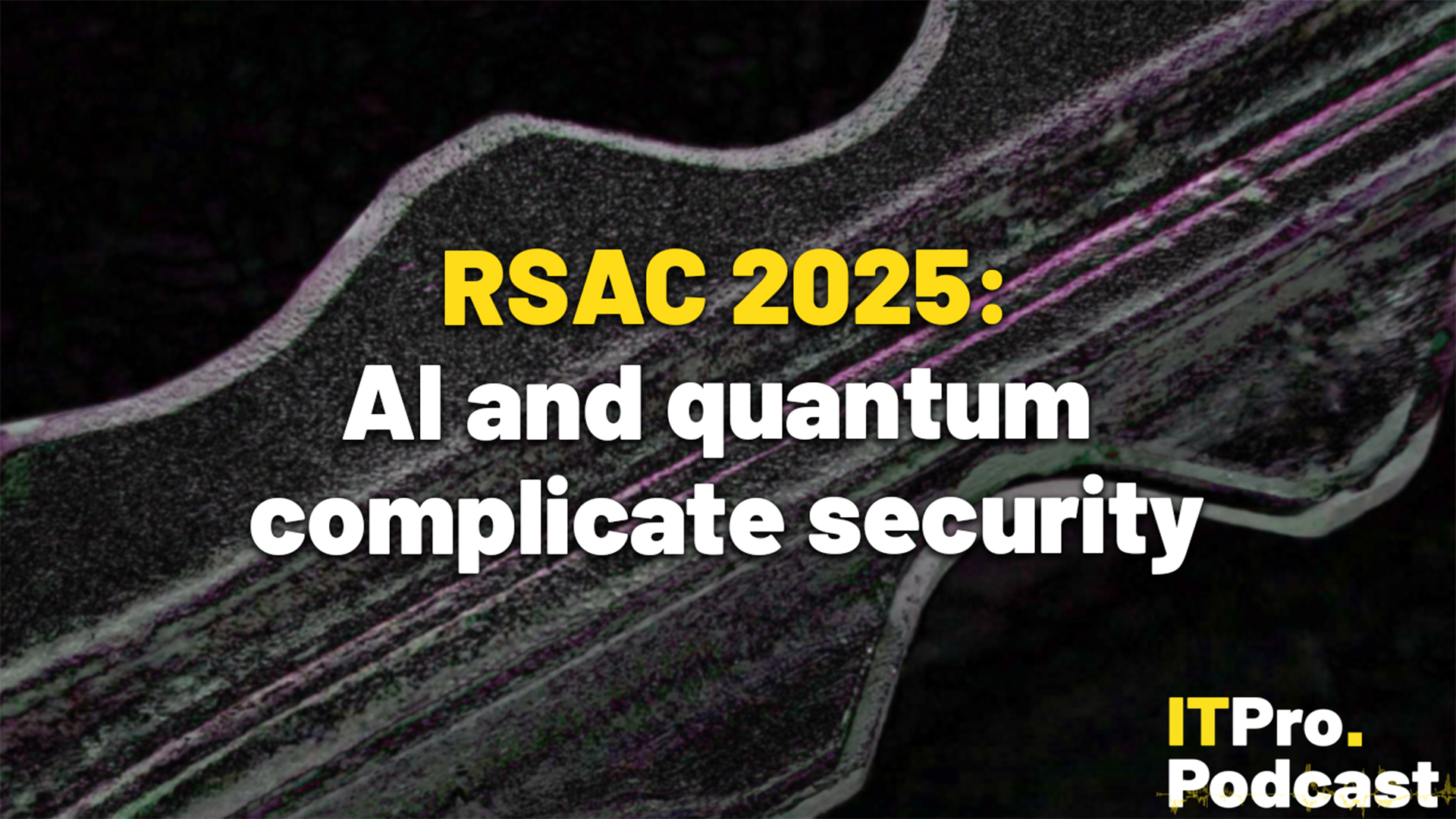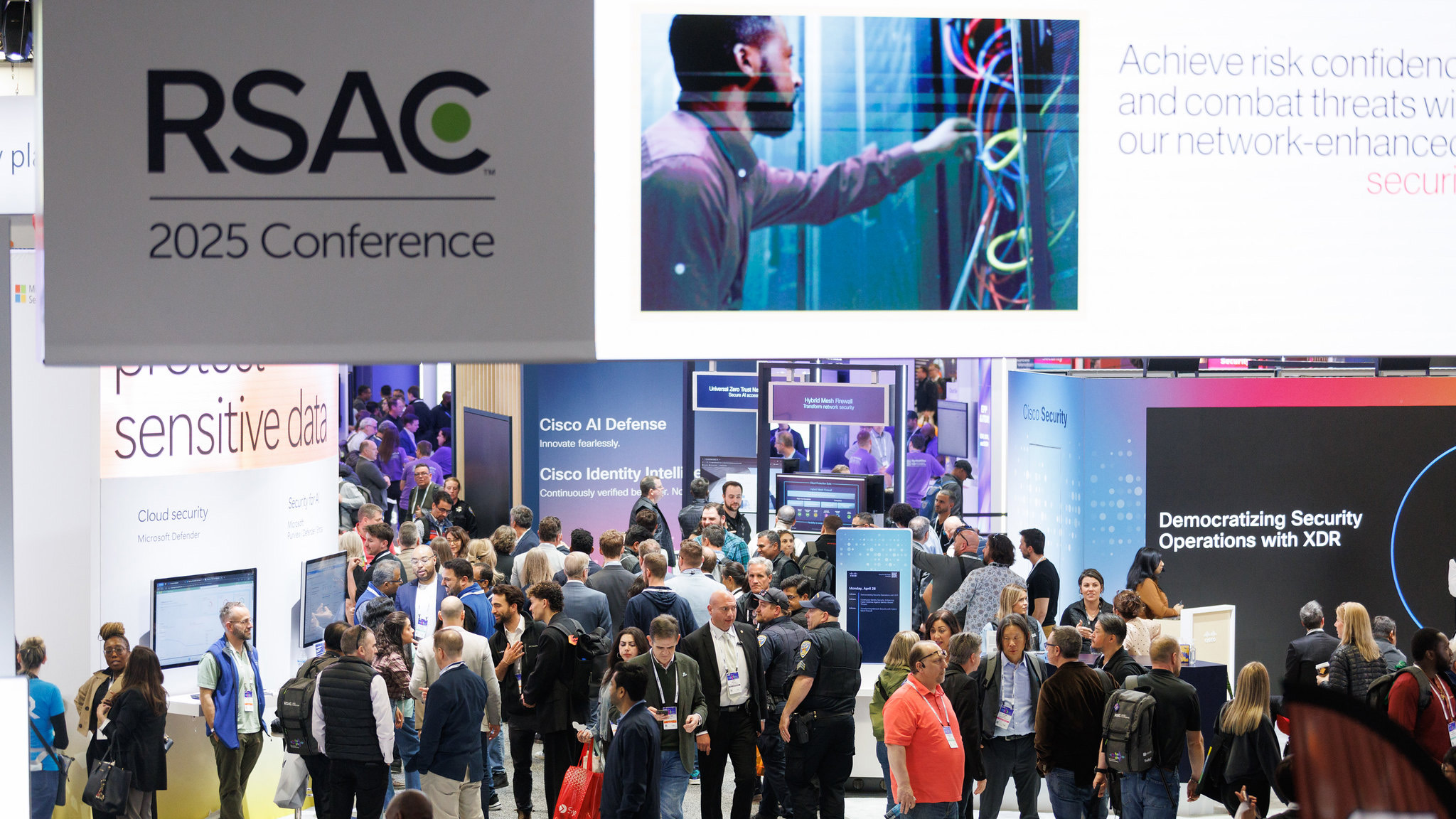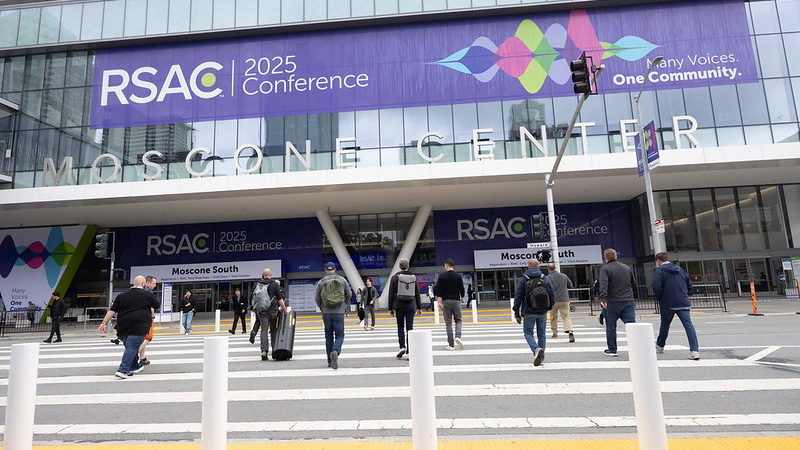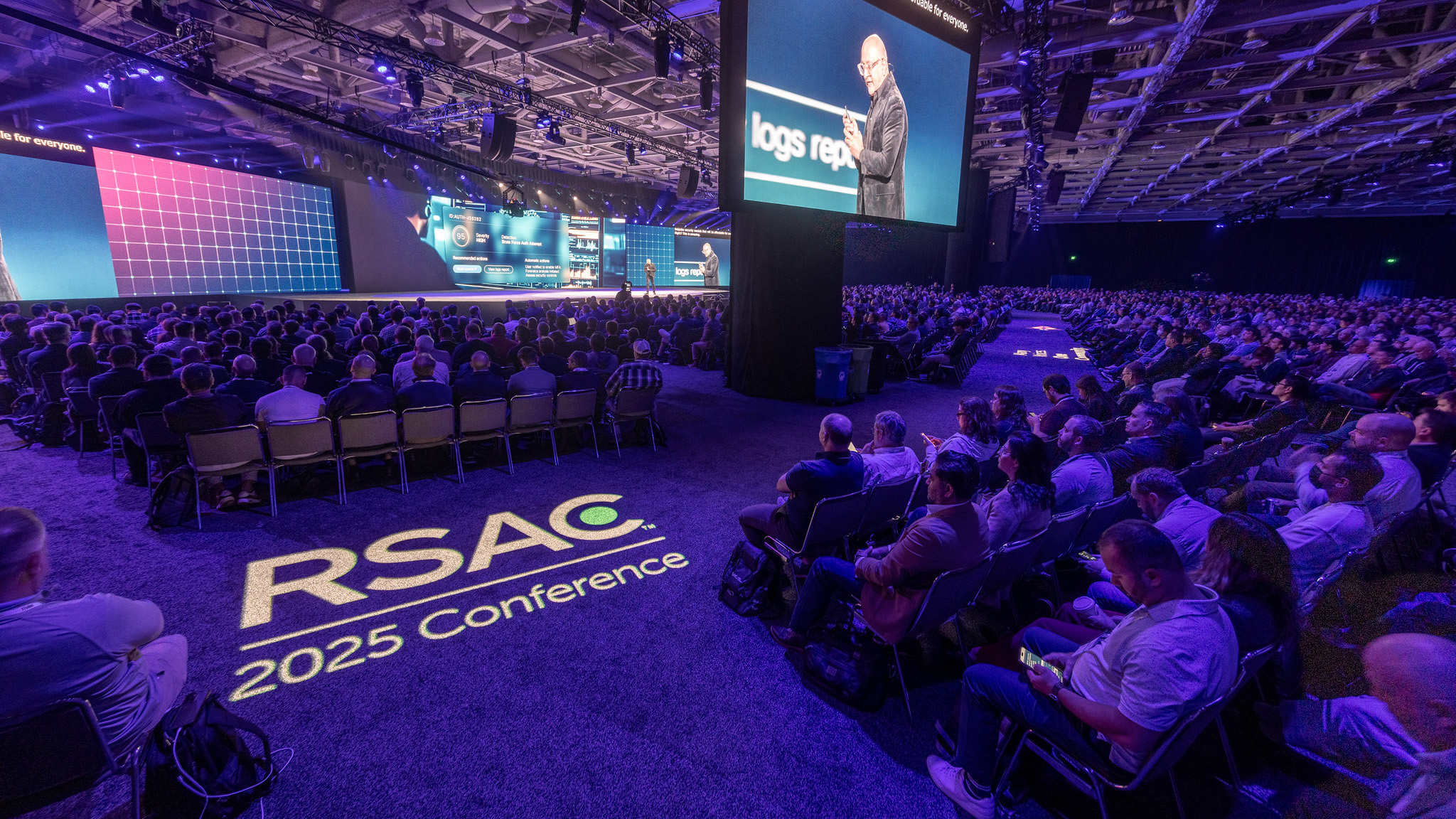Cyber defenders need to remember their adversaries are human, says Trellix research head
There's a growing overlap between nation-state actors and cybercriminals, but these attackers are real people who make mistakes


Cybersecurity professionals must remember they are fighting real people, not abstract threats, and recognise the increasingly blurred lines between cybercriminals and nation-states.
This was the message from John Fokker, head of threat intelligence at Trellix Advanced Research Center, during his RSA Conference 2025 keynote. Drawing on his background as a former Dutch high-tech crime unit officer, Fokker stressed the human element. "So often we forget that these cyber criminals are real people," he said. "It's tempting to anonymize threats ... but really they're just bad people, regular names sitting behind a keyboard."
Fokker, whose Trellix team provides threat intelligence to critical sectors, cautioned against over-focusing on advanced attacker tech. "A cybercriminal will always prefer a victim with weak passwords, bad patching and no MFA," he noted from experience.
A key theme was the convergence of financially motivated crime and state agendas. "In the past, you had very clear lanes of demarcation," Fokker explained. "Now those lines have blurred. Nation states are using proxies ... using cyber criminals ... causing disruption and stealing data."
He illustrated this with an investigation into the Black Basta ransomware group, leveraging leaked internal chats that revealed the group's leader, "Oleg" (formerly "Tramp" in the Conti group), and a concerning incident. "Last year, Oleg... flew from Moscow to Armenia. However, he was arrested upon arrival,” said Fokker. “Three days later, he escaped custody, and he was back in Russia."
According to the chats, Fokker said: "Oleg claimed government officials flew to Armenia to ensure he was escorted back safely," referencing a "green corridor" escape route allegedly arranged by a high-level official known as "number one." While these chat claims are unproven, Fokker asserted, "this story is just one example of the blurring lines between nation states and cyber criminals".
Despite potential state backing, attackers are fallible. Fokker described a Black Basta attack on a US healthcare firm where their encryption tool failed. "They made a major mistake," he said, which forced them to pivot to data leak threats after their primary extortion method failed.
Get the ITPro daily newsletter
Sign up today and you will receive a free copy of our Future Focus 2025 report - the leading guidance on AI, cybersecurity and other IT challenges as per 700+ senior executives
Fokker championed collaborative intelligence sharing as the crucial defence. By mapping attackers' tactics, techniques, and procedures (TTPs) – the hardest elements for them to change – the security community can maintain detection even post-rebranding. "Once we know how they operate at the TTP level, we can spot them the moment they launch the next offensive, and that's where we hold the real power," he declared.
He concluded with a call for unity: "When you see your adversary... in clear daylight, fear melts away... Let's keep building, keep collaborating... because when we work as one community, there is no question we will reach the top."
Rene Millman is a freelance writer and broadcaster who covers cybersecurity, AI, IoT, and the cloud. He also works as a contributing analyst at GigaOm and has previously worked as an analyst for Gartner covering the infrastructure market. He has made numerous television appearances to give his views and expertise on technology trends and companies that affect and shape our lives. You can follow Rene Millman on Twitter.
-
 The EU just launched its own vulnerability database
The EU just launched its own vulnerability databaseNews Security practitioners have welcomed the move after the disruption caused by the MITRE incident
-
 VCF : La clé du succès dans le cloud maintenant et à l'avenir
VCF : La clé du succès dans le cloud maintenant et à l'avenirLe cloud privé offre la sécurité et la scalabilité que les entreprises modernes nécessitent
-
 RSAC Conference 2025: AI and quantum complicate security
RSAC Conference 2025: AI and quantum complicate securityOrganizations are grappling with the complications of adopting AI for security
-
 RSAC Conference 2025 was a sobering reminder of the challenges facing cybersecurity professionals
RSAC Conference 2025 was a sobering reminder of the challenges facing cybersecurity professionalsAnalysis Despite widespread optimism on how AI can help those in cybersecurity, it’s clear that the threat landscape is more complex than ever
-
 RSAC Conference day three: using AI to do more with less and facing new attack techniques
RSAC Conference day three: using AI to do more with less and facing new attack techniques -
 "There needs to be an order of magnitude more effort": AI security experts call for focused evaluation of frontier models and agentic systems
"There needs to be an order of magnitude more effort": AI security experts call for focused evaluation of frontier models and agentic systemsNews Evaluating the risks of dynamic, evolving AI networks is slow work for cybersecurity analysts
-
 RSAC Conference day two: A focus on what attackers are doing
RSAC Conference day two: A focus on what attackers are doingFrom quantum to AI, experts discussed how new and experimental technologies could be used by hackers to access and decrypt sensitive data
-
 RSAC Conference Day One: Vibe Is 'All In' on AI for Security
RSAC Conference Day One: Vibe Is 'All In' on AI for SecurityNews Artificial intelligence took center stage as RSAC Conference looks at how the discussion has moved from generative AI to agentic AI
-
 RSAC Conference 2025 live: All the latest from day three
RSAC Conference 2025 live: All the latest from day threeLive blog ITPro is covering RSAC Conference 2025 live – find out all the day-three news right here
-
 Cisco takes aim at AI security at RSAC with ServiceNow partnership
Cisco takes aim at AI security at RSAC with ServiceNow partnershipNews The companies claim Cisco AI Defense and ServiceNow SecOps will help address new challenges raised by AI